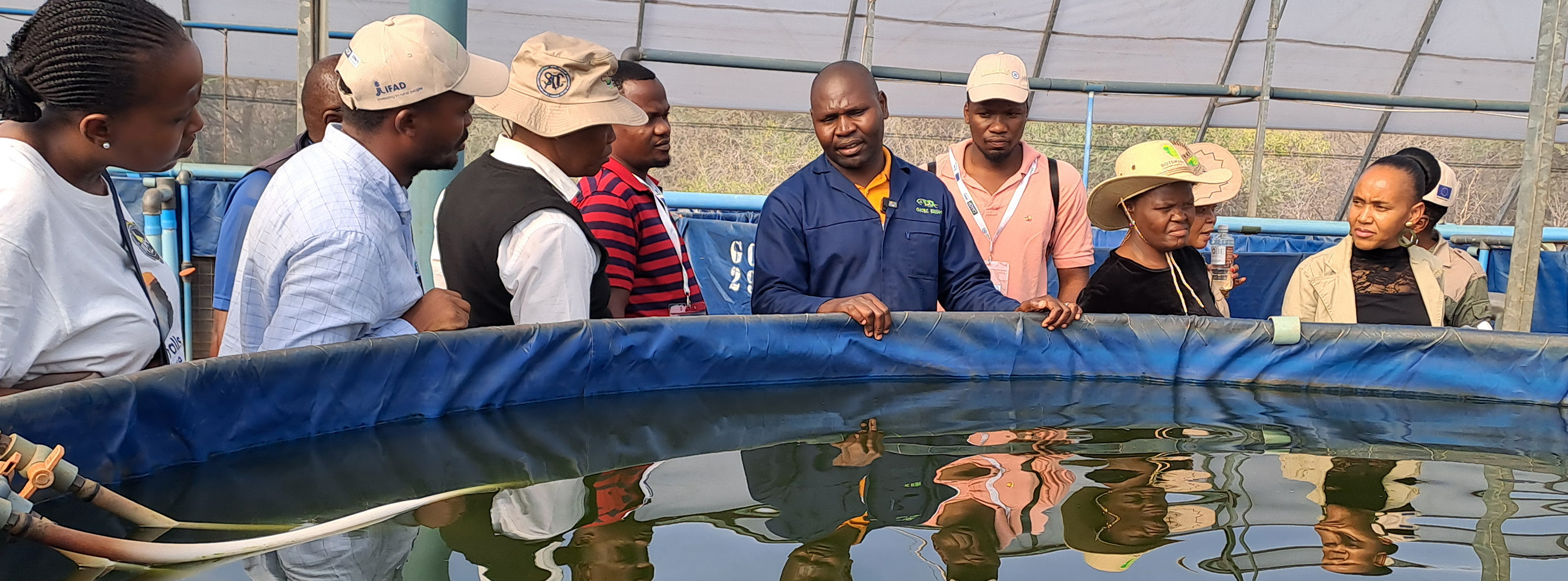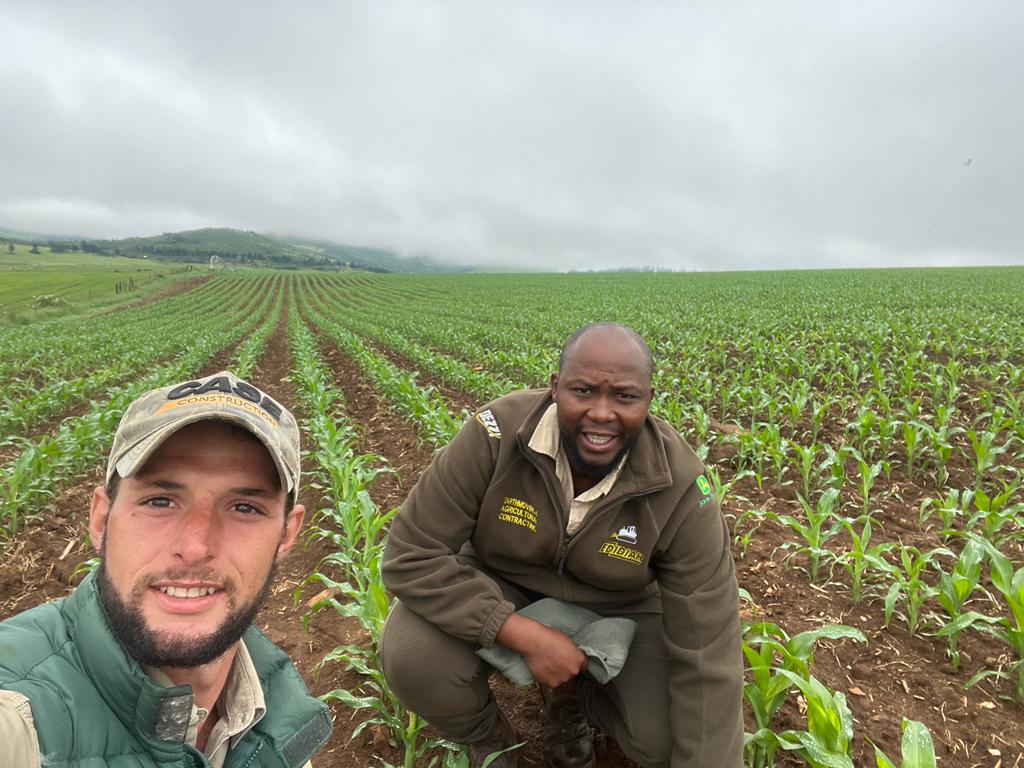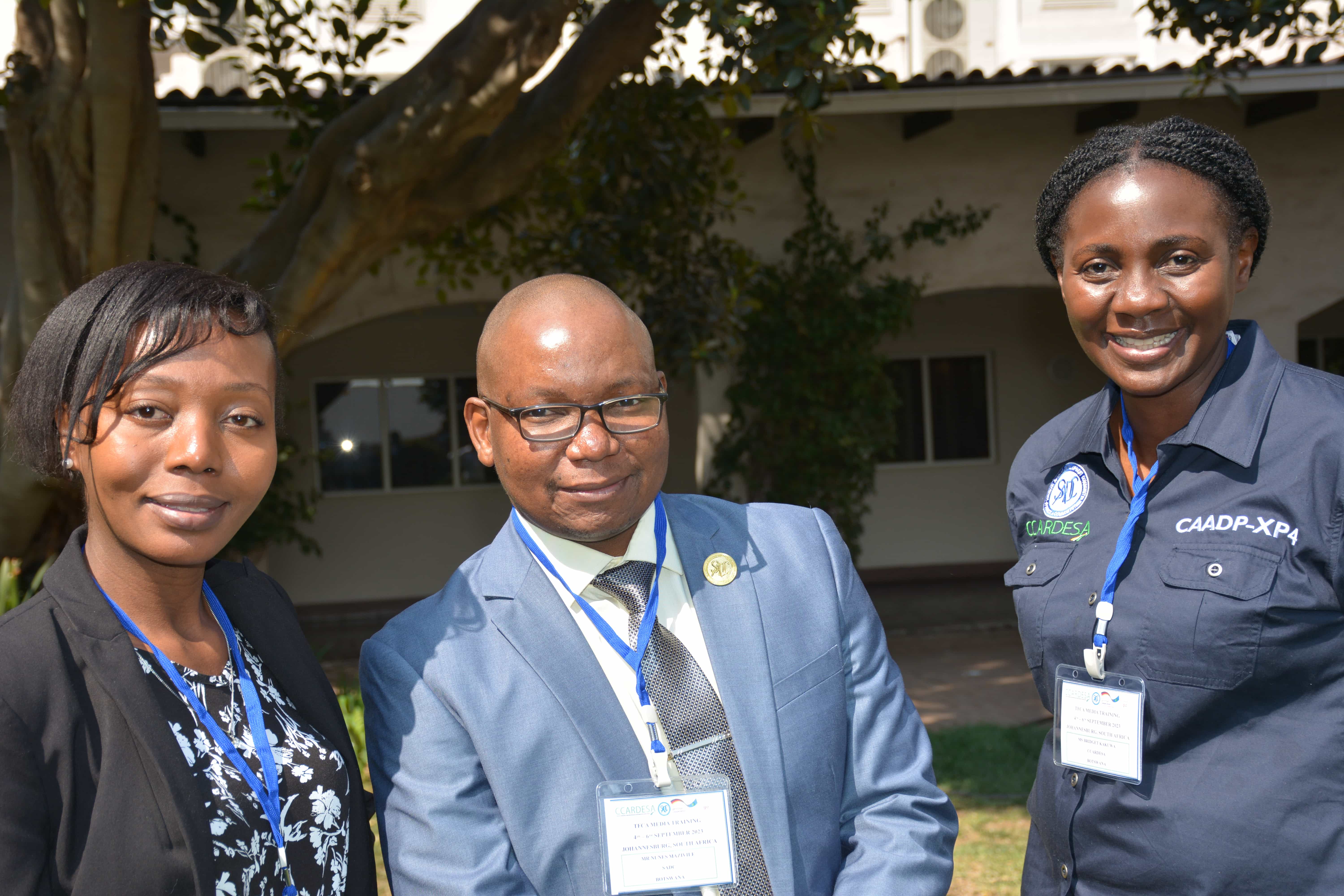CCARDESA 2015 Annual Report
The CCARDESA 2015 Work plan devoted attention to driving activities initiated in previous years, particularly 2014.The operational momentum of activities was built up throughout 2014 with the awarding of CCARDESA supported research grants and implementation of a total of 69 projects. Therefore, the focus in 2015 was on accelerating the implementation of these activities including those identified as quick wins or low hanging fruits in the CCARDESA Medium Term Operational Plan (MTOP)
This report highlights the key achievements for CCARDESA in 2015. It is organised around the four thematic areas and cross-cutting themes that are of priority to the region. These four thematic Areas are: (1) Farmer Empowerment and Market Access; (2) Research and Technology Generation and Farmer Demanddriven Advisory Services and Innovation Systems; (3) Knowledge, Information and Communication; and (4) Institutional Development and Capacity Building. Under a resource-constrained environment facing R&D institutions globally, emphasis in 2015 was strategically directed at innovative implementation of regional activities across all the thematic areas.
Market Access,
Institutional Development,
Capacity Building
CCARDESA, CCARDESA2015 Annual Report, (2015). pp.20.









